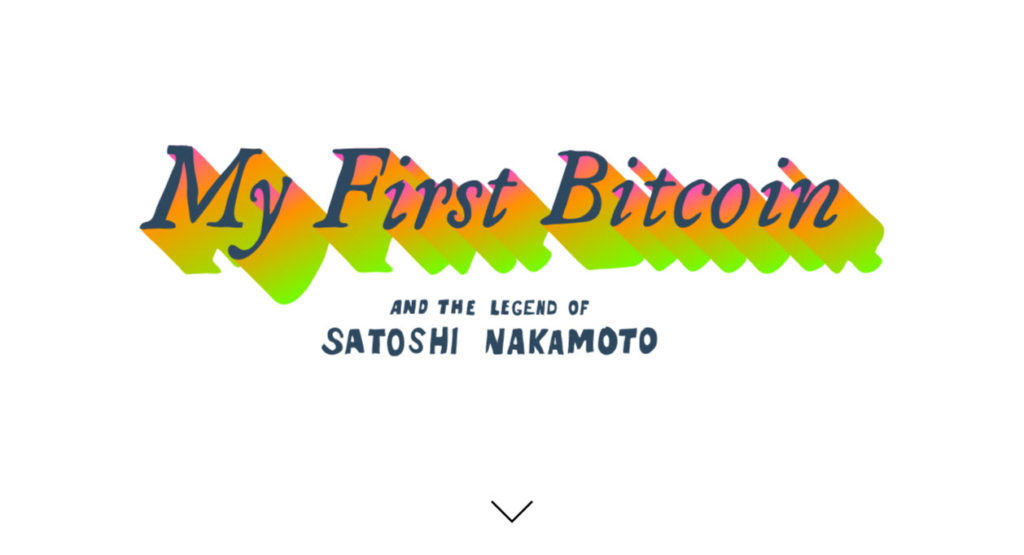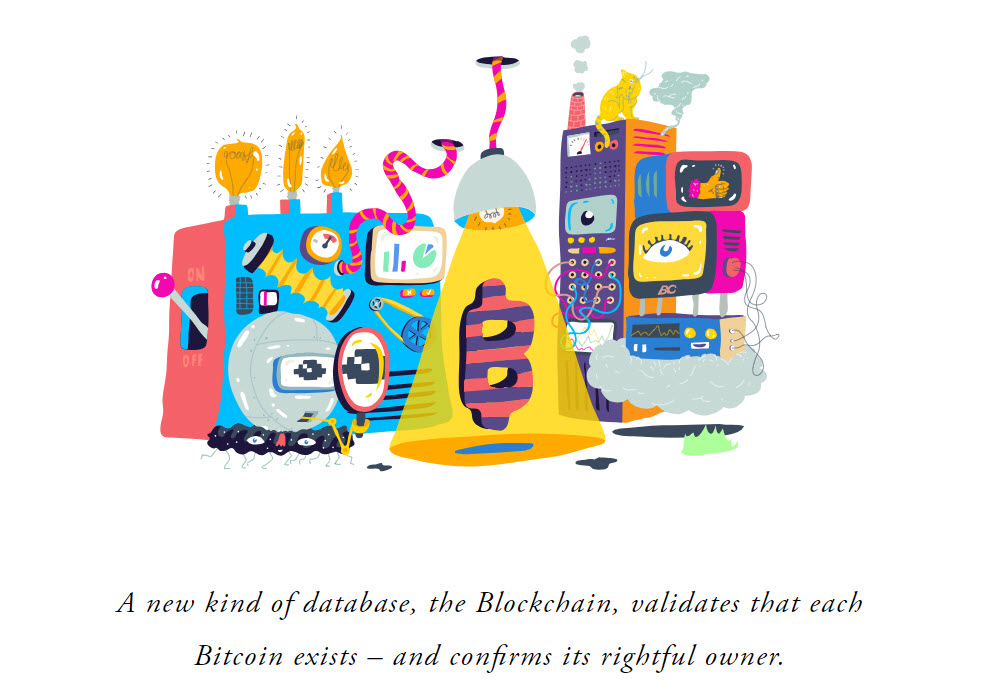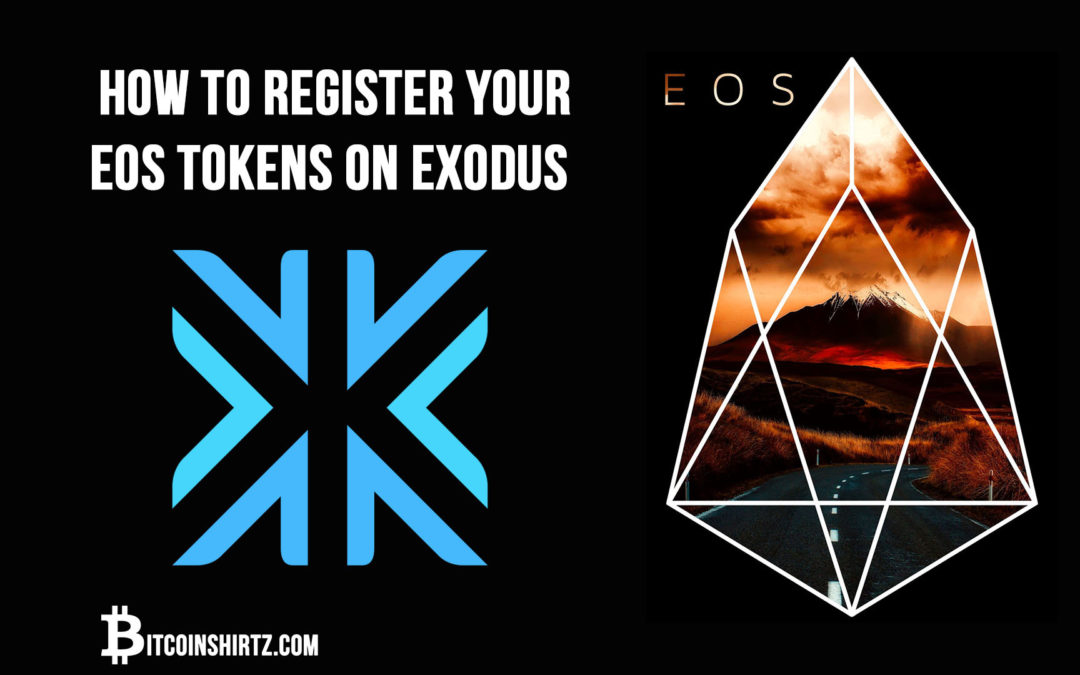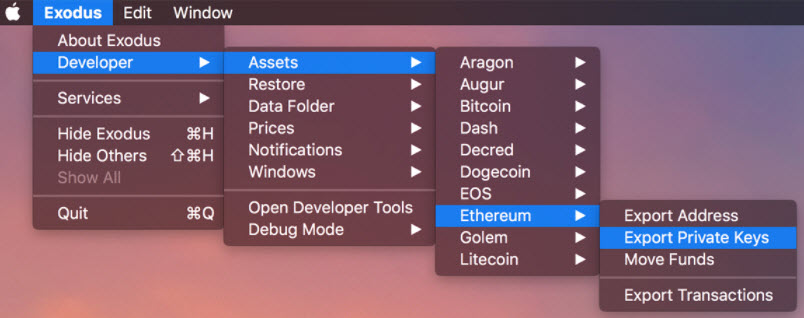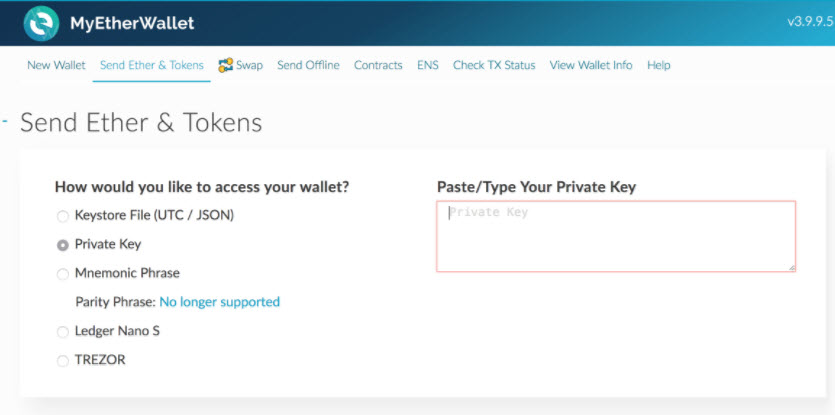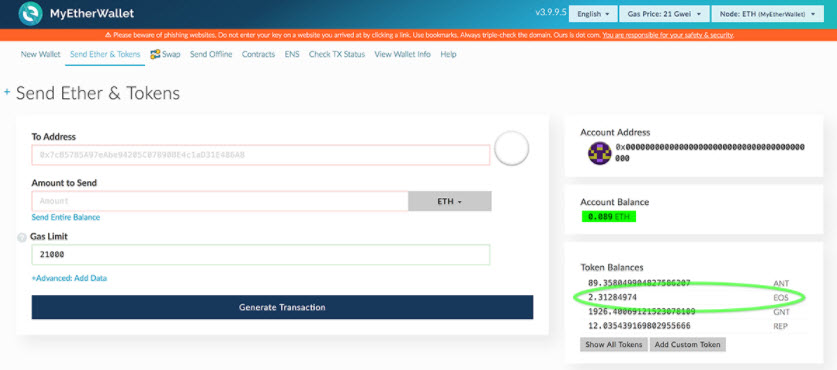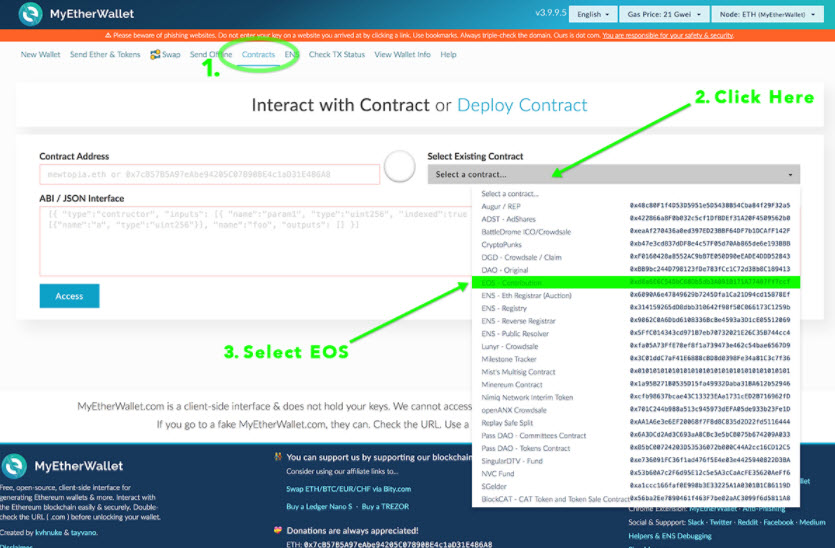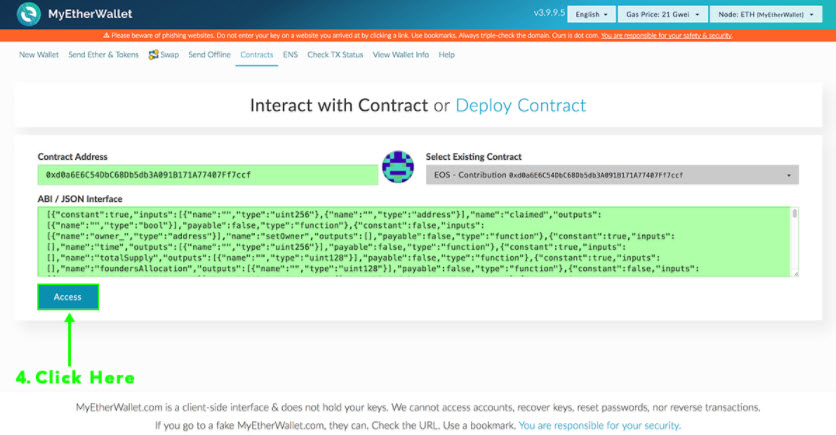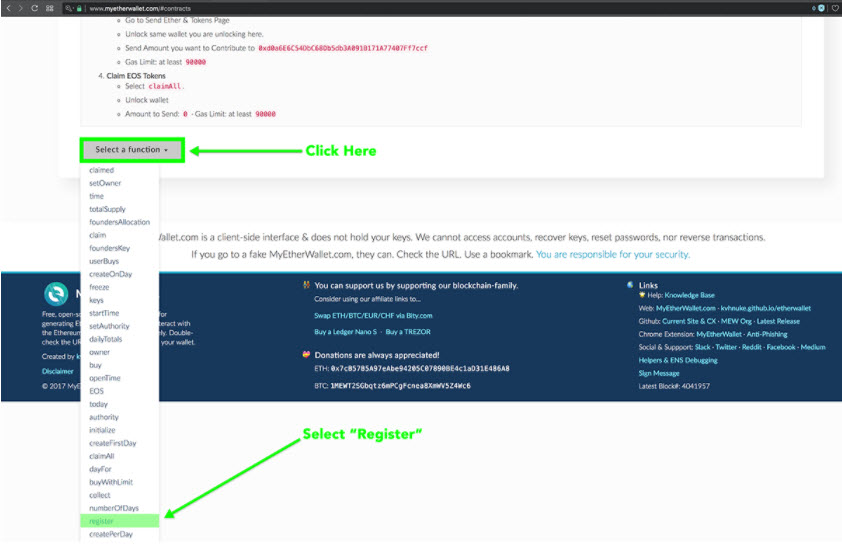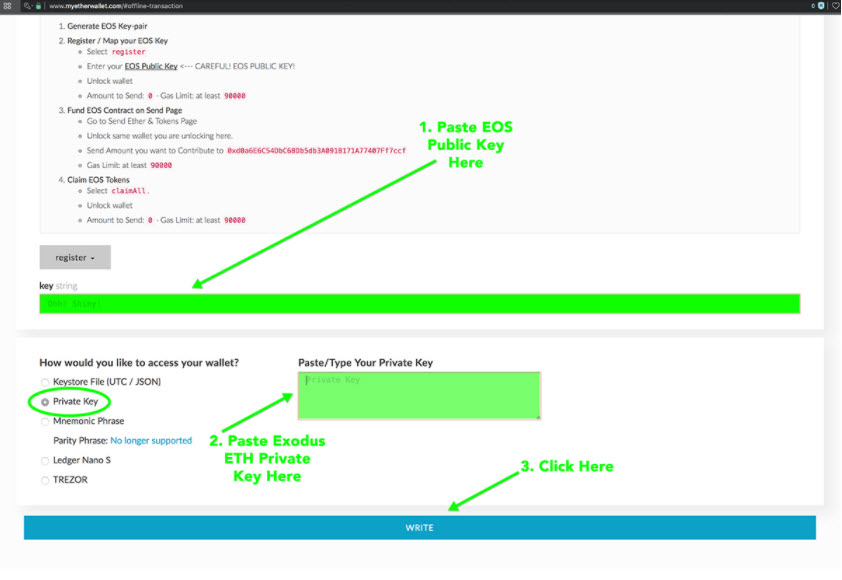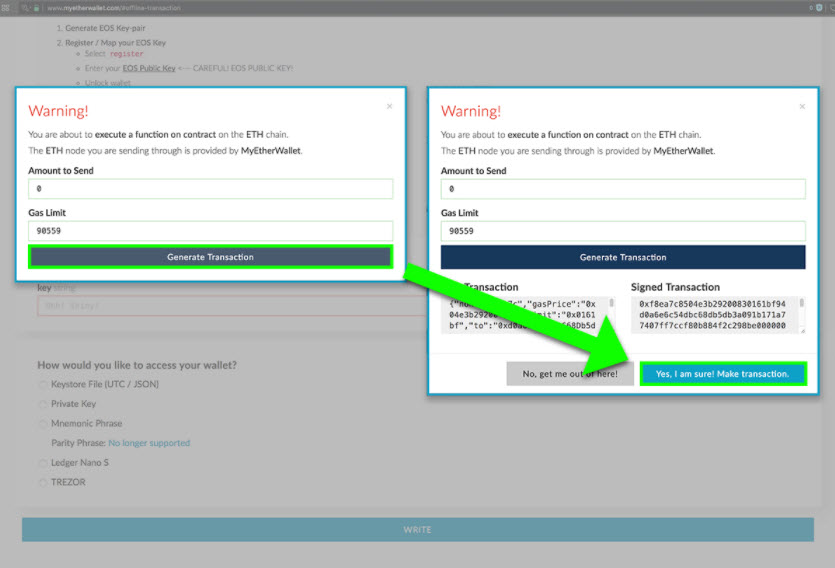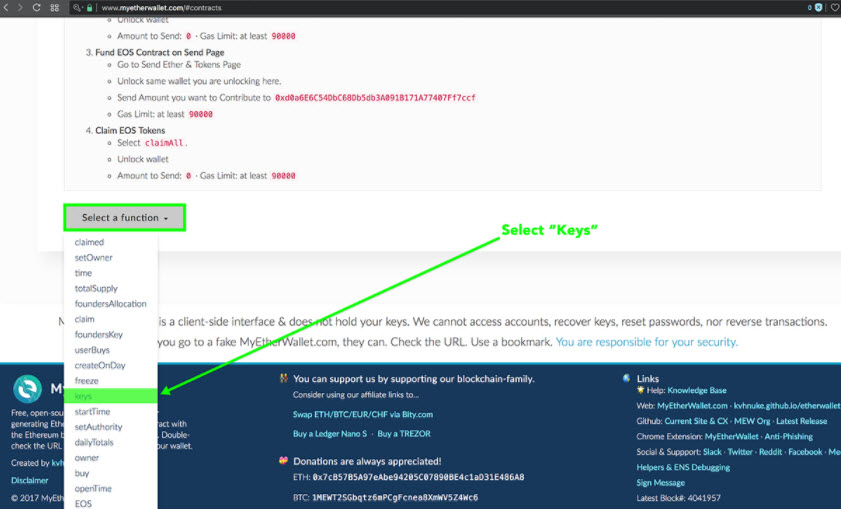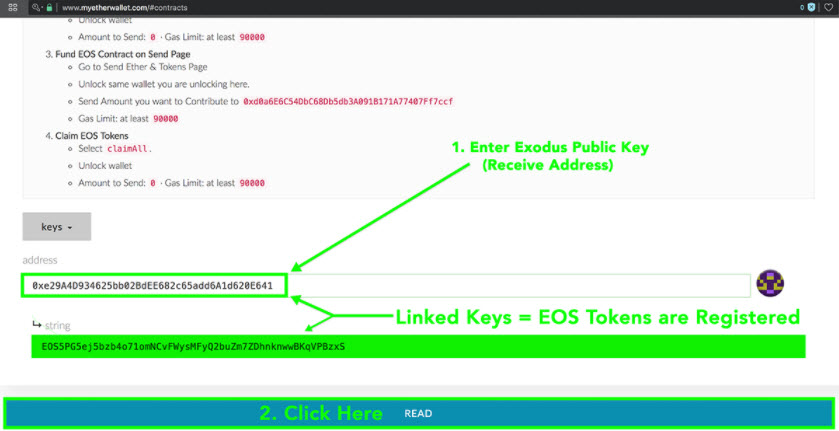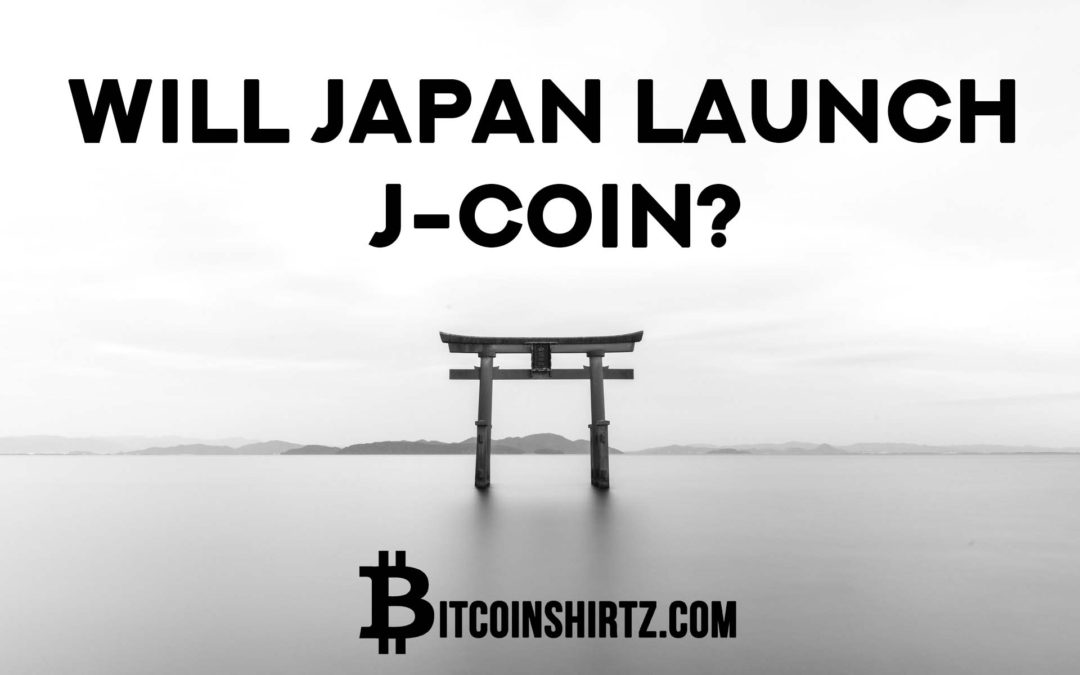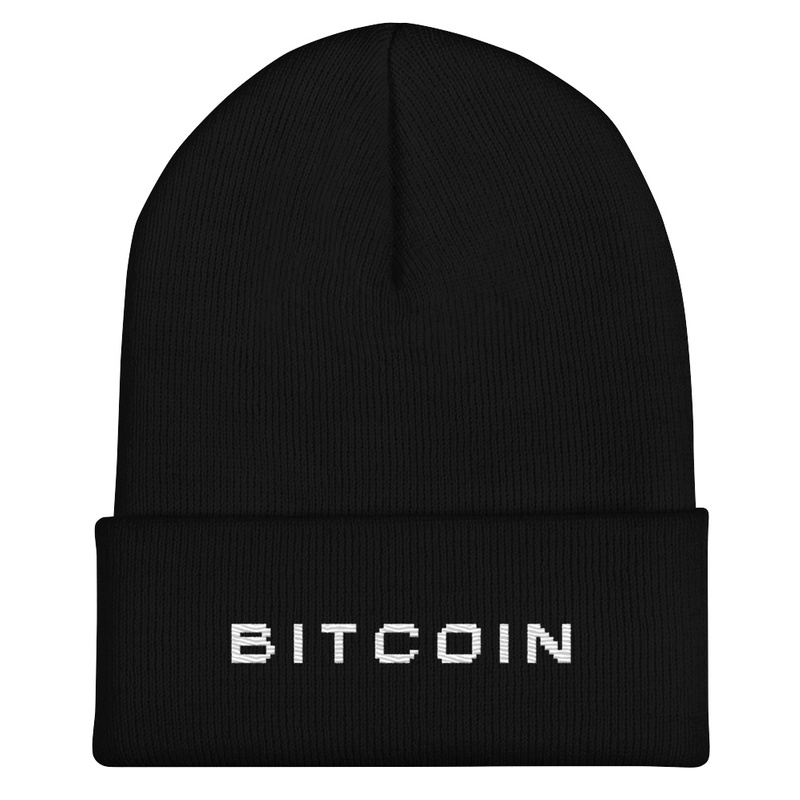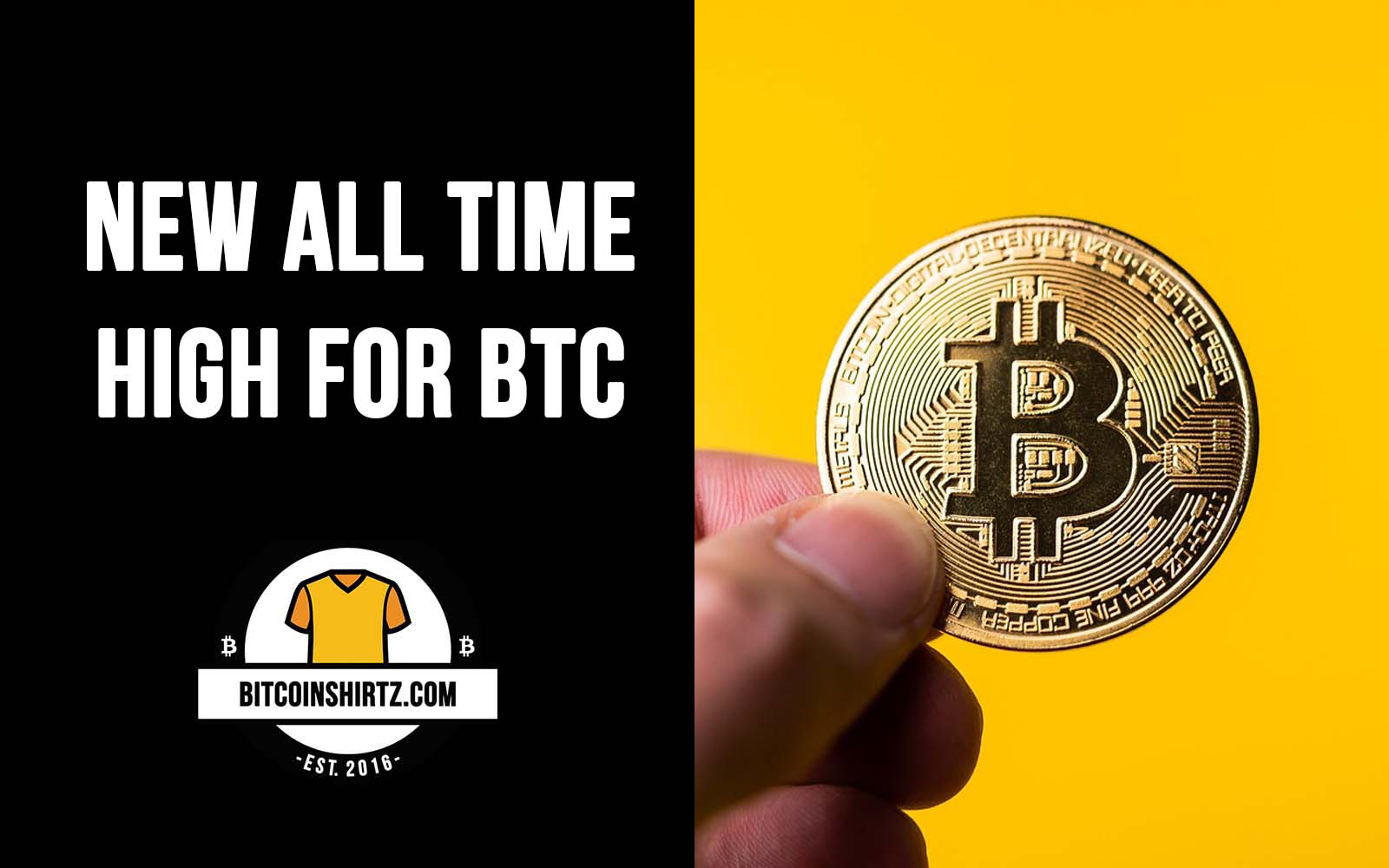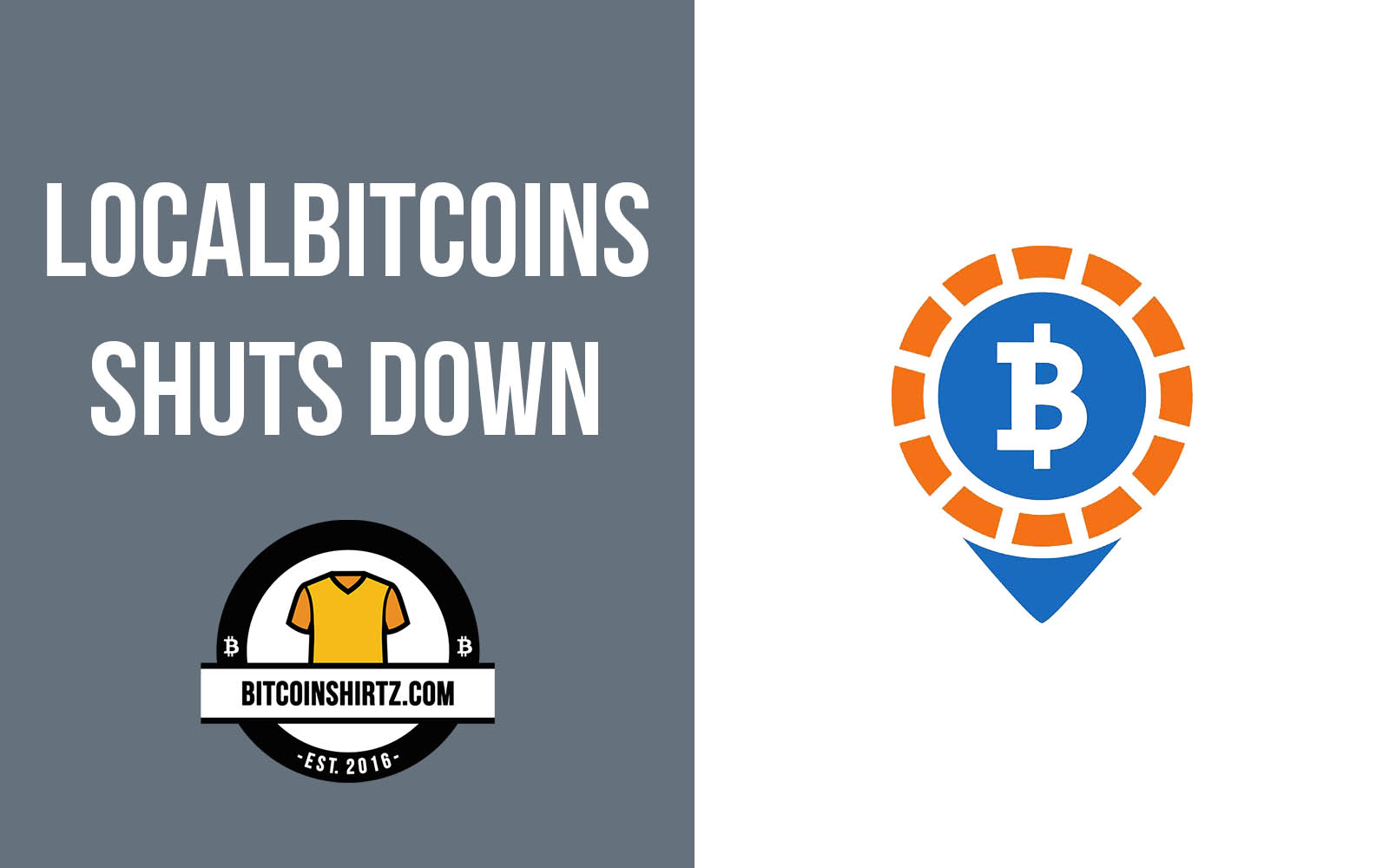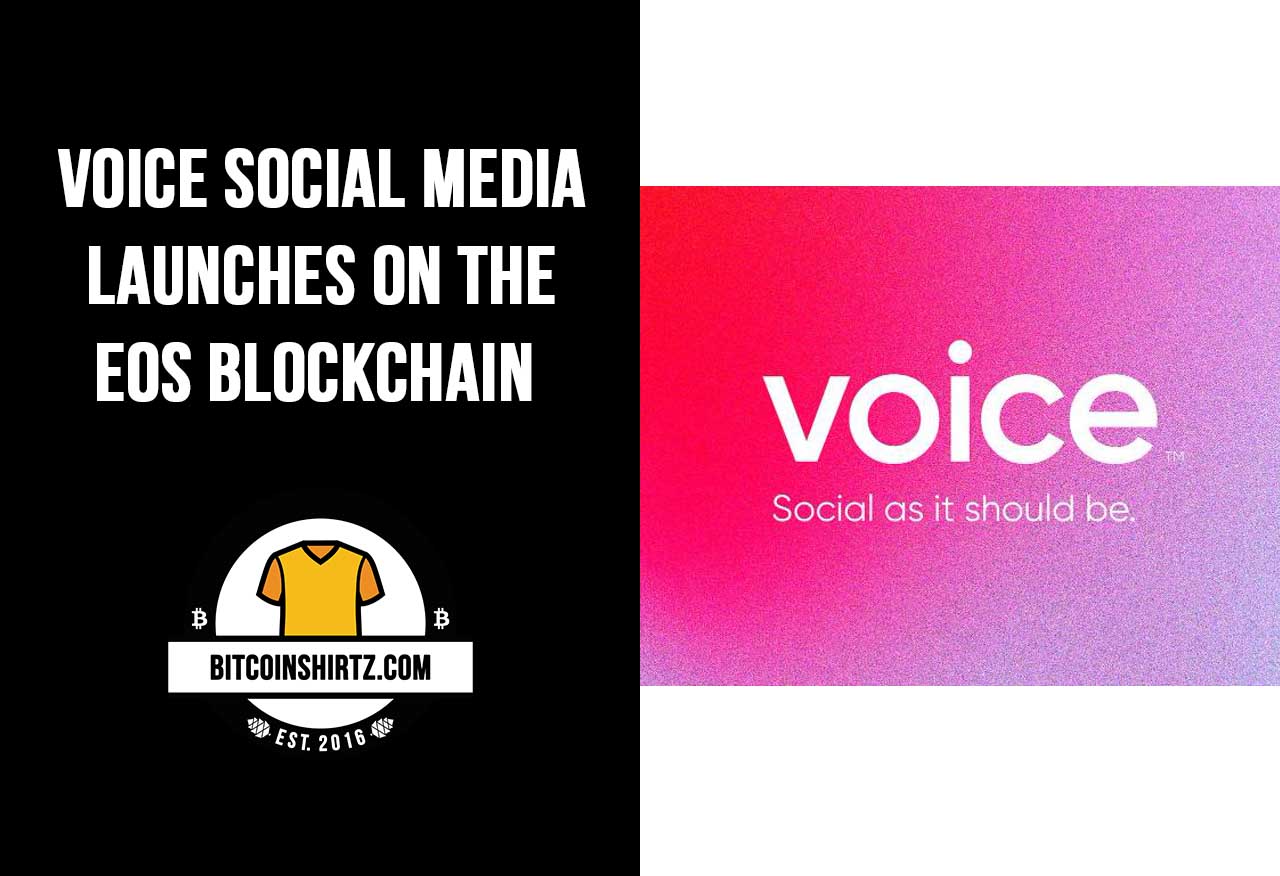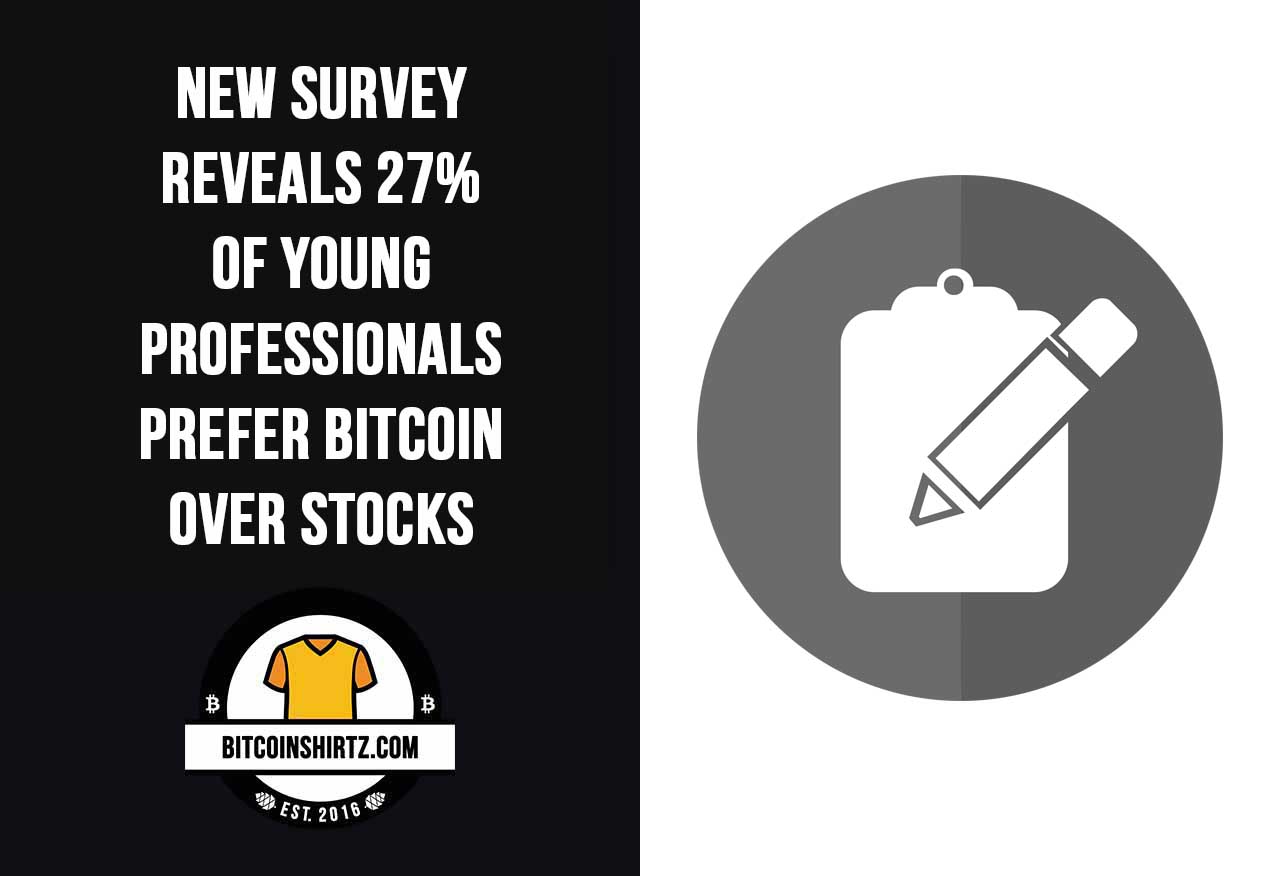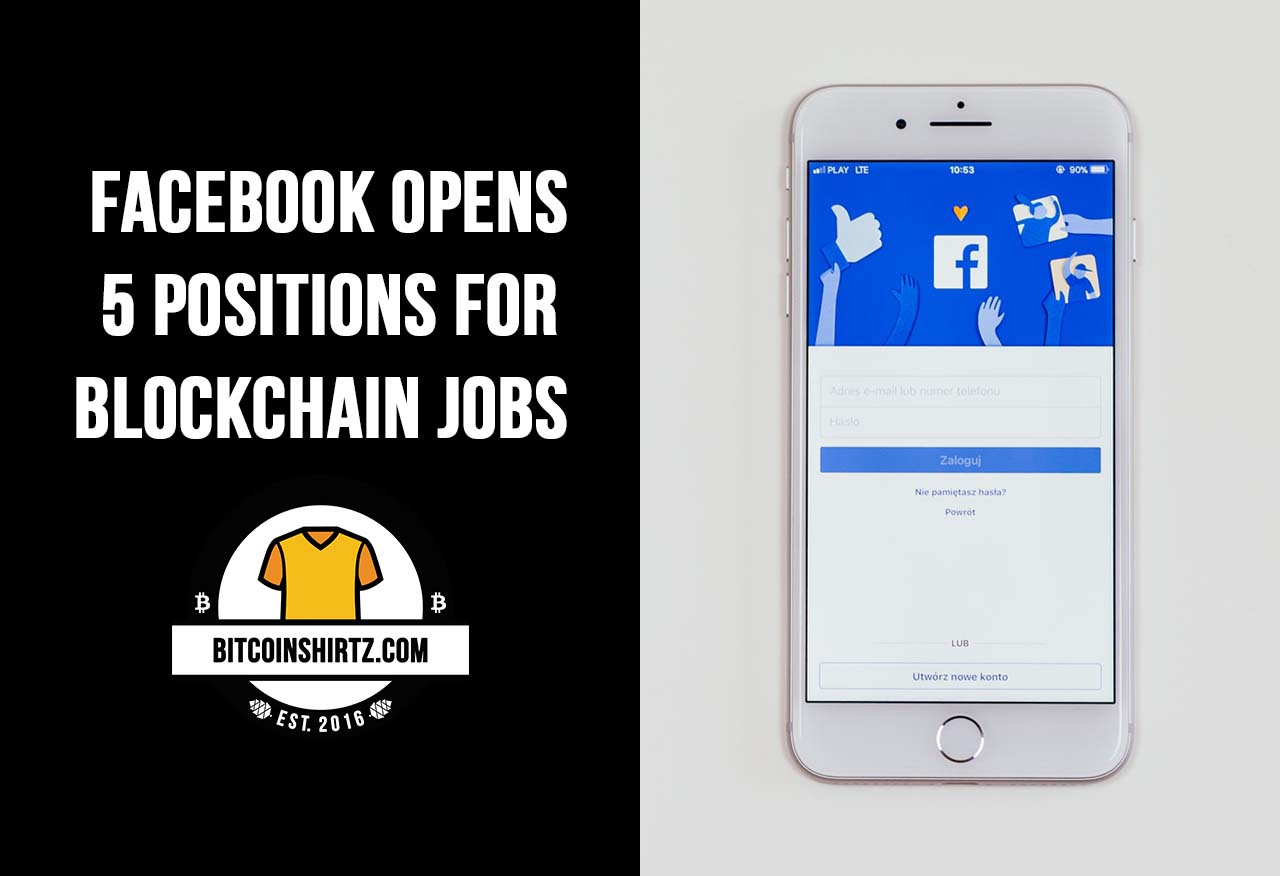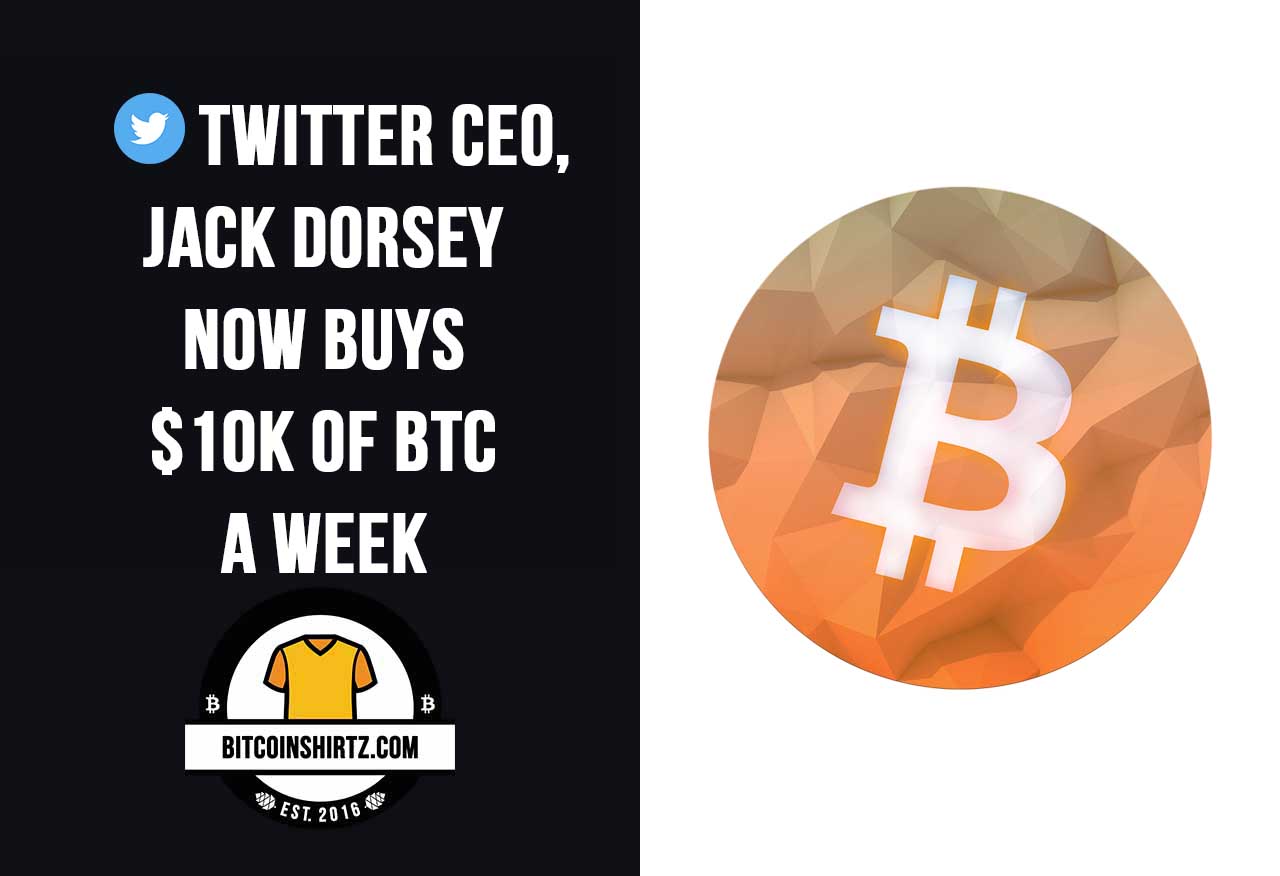
How To Create An EOS Blockchain Account
Are you looking for instructions on how to create an EOS blockchain account? Well then you have found the right page! If you missed out on the original EOS token sale on Ethereum, you can still join the EOS ecosystem. But you need to start with an account! This post is about how you can create an EOS account today.
The EOS Account creator is a service that simply lets anyone create a new EOS blockchain account. EOS works slightly differently than previous blockchains. On EOS, new accounts can only be created by someone with an existing account. There are also other requirements like staking a certain amount of EOS and acquiring RAM.
We found an informative post that details more about the EOS Account creator service on Steemit. FYI you can follow Bitcoinshirtz on Steemit here.
From Steemit User @angelol :
“On bitcoin and other blockchains, if you want to create an account, you just create a new private key and you’re done.
On delegated proof-of-stake blockchains like STEEM or EOS however, there is the concept of an account with a human-readable name. The data of this account is stored in the blockchain which means an on-chain transaction is needed to create it. But, in order to create this transaction, you need to have an EOS account.
So you need an EOS account if you want to create an EOS account! It’s like the saying “You gotta have money to make money”. But it doesn’t end here. You also need a small amount of EOS to buy the RAM for the account as well as stake a small amount of EOS for CPU and network bandwidth. I recommend to stake at least 0.1 EOS for CPU and 0.1 EOS for network bandwidth. An account needs around 3KB of RAM, so if you buy 4KB you should be on the safe side. At current RAM prices 4KB of RAM cost 0.0678 EOS. If you want to check current RAM prices, the block producer EOS New York built the excellent EOS Resource Planner.
So how do you create an EOS account if you don’t already have one? You can ask someone who already has an account to create it for you. If you have friend who can do it for you, great! The australian block producer genereos have created an excellent toolkit for interacting with EOS system contracts that your friend can use to create your account for you.
I have not only had to help a friend create his EOS account, I’ve also seen this question asked lots of times in telegram. That’s when I decided to build an account creation service specifically for people who don’t have an EOS account yet. It’s called https://eos-account-creator.com/. The accounts it creates are created by the faucet account “accountcreat”. You can follow the most recent accounts it created here on eostracker. Not very many people have used it so far, I hope that will change!
Using a service like this requires a certain amount of trust. That’s why I decided to release the project as open source on GitHub. As soon as I figure out how to post performance bonds on EOS, I will post a performance bond for this project.
I think this is a very important tool for the EOS community. A lot of people kept their EOS on the exchange for the token swap. As soon as the withdrawals will be re-opened, there will be lots of people with no EOS account to withdraw it to.
If you have questions, you can also join our EOS Account Creator Telegram Group. “


